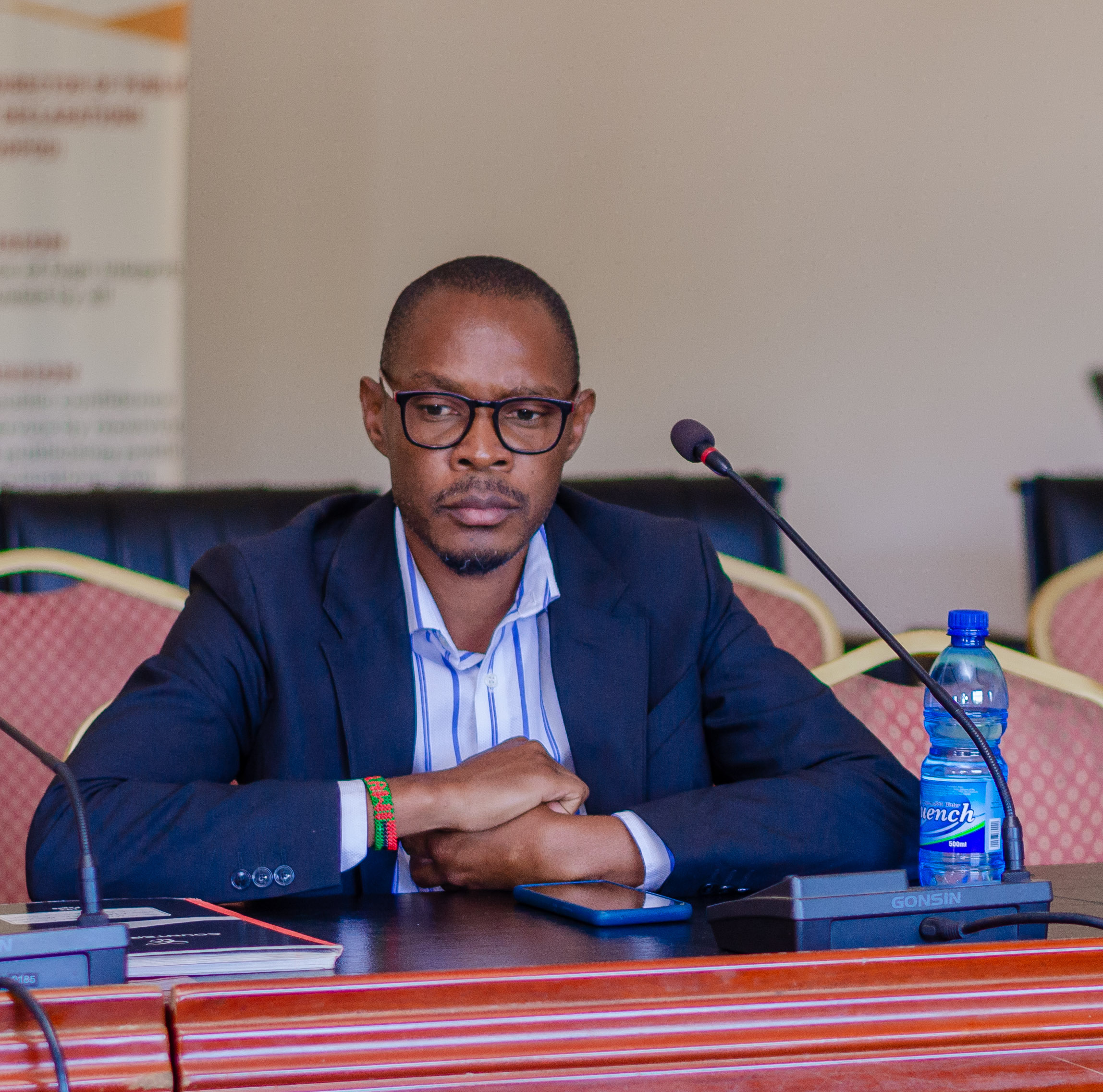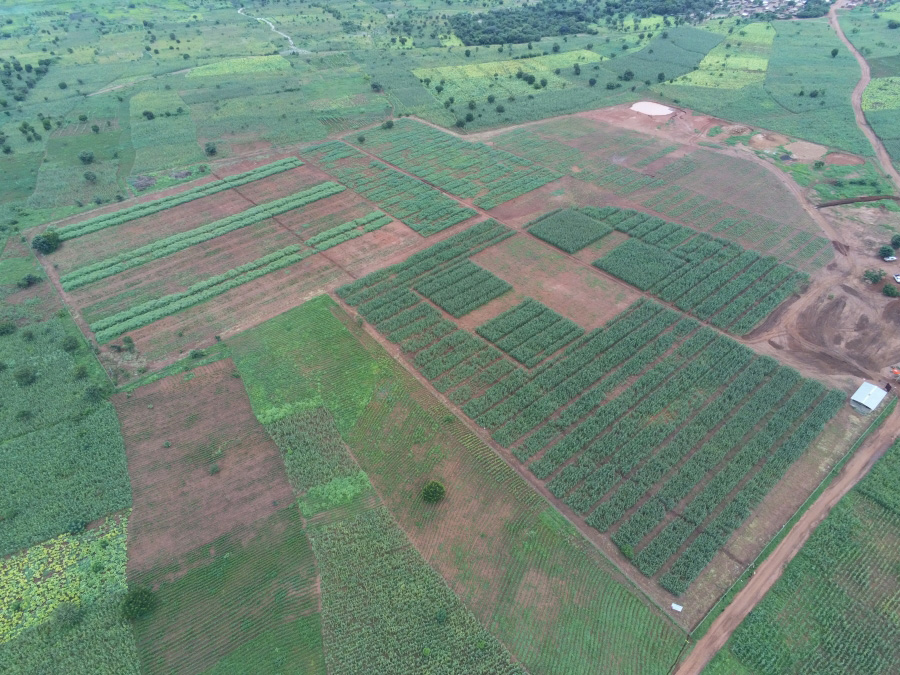The impending sale of the Kayelekera Uranium Mine in Karonga has triggered panic among the workers of the mine who are not certain of their future when the new owners take over the mothballed mine.
The Ministry of Natural Resources, Energy and Mining has given consent to Australia’s Paladin Energy to sell its 85% majority shareholding in Kayelekera to Lotus Resources Limited Pty Limited, a subsidiary of Hylea Metals Limited (ASX: HCO).
In an exclusive interview with Mining and Trade Review during a recent visit to the mine, Kayelekera employees said they want Paladin to retrench and pay them their terminal benefits before they sign fresh contracts with the new owner of the mine.
“We were told that our contracts will be intact regardless of the ownership changes but we are in panic because we do not know what the new Company will offer. Many of us have been working here for over 10 years and it will be fair for Paladin to give us our dues before they leave,” said one of the employees who pleaded for anonymity.
He explained that the employees wrote a letter to Paladin management, which was signed by about 50% of the members of the workforce, but the Company is dilly-dallying to give them feedback.
The Kayelekera employees, therefore, urged “the Government to come to their rescue on the issue as they have proven powerless to demand their labour rights from Paladin.”
But Paladin General Operations Manager Mike Hoey parried down the demands from the workers saying since Lotus Resources are purchasing Paladin Africa as a going concern, all existing entitlements will be transferred to the new owner.
Hoey said: “We will follow the country’s labour law that mandates the transferring of the employees to the new owner when you are selling an entity. Both Paladin and Lotus will continue to comply with all relevant Acts and Legislation of the Republic of Malawi.”
Meanwhile, Paladin has quashed allegations by some members of the community that it is polluting the nearby Sere River.
Speaking during a media tour to the site organized by Ministry of Natural Resources, Energy and Mining, Kayelekera Senior Environmental and Compliance Officer John Msachi explained that the Company follows all the procedures as spelt out in the country’s regulations and internationally set standards in handling uranium.
Msachi said: “We do not just dispose uranium into the environment. We even take that water that we think is contaminated with uranium back into the processing plant for extraction of uranium deposits. Before disposing the water used for processing of uranium into the river, we make sure that the value of uranium is not beyond the standard which is 0.30.”
He also explained that the company undertakes regular environmental monitoring activities and produces regular reports that are submitted to the Government through Environmental Affairs Department.
The reports include: Annual environmental; Quarterly data reports; quarterly license compliance reports and; monthly data reporting – from joint Paladin/Government of Malawi monitoring programs.
Paladin has three water treatment ponds at Kayelekera and also planted grass and trees at the site.
“We use native grass and trees from the area and also monitor the rehabilitated areas for sustainable and self development post mine closure and water post closure for about five years as the area consolidates,” he said.
Spokesperson for the Ministry, Sangwani Phiri commended Paladin for proper management of the environment at Kayelekera.
“As we have seen after touring the area, no any poor disposal is being made here,” he said.
In the Kayelekera buyout deal, the Malawi Government will retain its 15% stake in the uranium mine.
Lotus MD Simon Andrew said in the statement that following consent granted by the Ministry of Natural Resources, Energy and Mining, completion of the sale remains subject to customary terms and conditions, including Reserve Bank of Malawi (RBM) approval, which is expected to follow.
Kayelekera hosts a high-grade uranium resource with an existing open pit mine but Paladin suspended mining at Kayelekera in 2014 following a slump in global uranium prices.
The mine has since remained on care and maintenance as directors anticipated a pickup in global uranium prices.
The stake in KUM, according to Paladin will be sold for US$5 million (about K3.7 billion), comprising $200 000 (about K148 million) in cash and $4.8 million (about K3.5 billion) in Hylea shares which will be issued to Paladin.




































